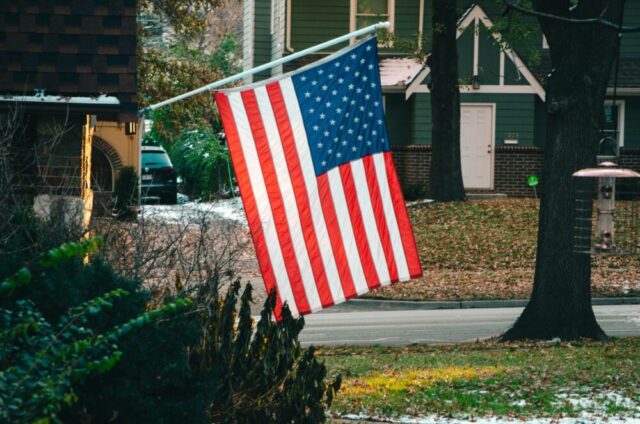

Have you been the victim of violence from a U.S. citizen or permanent resident spouse? Even if you do not have a legal immigration status, you can apply for relief under the Violence Against Women Act (VAWA). (Yes, this law protects men, too!) We understand that domestic abuse is a particularly difficult and sensitive issue to talk about, and we will do all we can to provide you with a safe space as you learn about your options for immigration relief. Contact the dedicated Lancaster County VAWA lawyers from Lupton Law LLC for more information.
Here at Lupton Law LLC, our seasoned Lancaster immigration lawyers understand just how frightening it can be to face domestic violence, especially when you’re not of legal status in the country and worry you don’t have anyone to turn to. Fortunately, the law is on your side, and so are we.
The Violence Against Women Act (VAWA) is a landmark piece of legislation passed by the United States Congress in 1994. Its primary aim is to protect victims of domestic violence, sexual assault, and stalking, particularly when such violence is perpetrated by a U.S. citizen or lawful permanent resident spouse or family member.
VAWA provides a pathway for victims, regardless of their gender or immigration status, to seek relief and safety without fear of deportation.
Under VAWA, eligible individuals can file a self-petition to obtain lawful permanent residency (a Green Card) independently of their abuser, empowering them to escape abusive situations and build a safer, more stable future in the United States.
To qualify for protection under VAWA, you must meet several criteria. Firstly, you must be the victim of battery or extreme cruelty committed by:
Additionally, you must demonstrate that you have resided with the abuser, possess good moral character, and have suffered substantial physical or mental abuse as a result of the violence.
Men, women, and children can all be eligible for VAWA protection. It’s important to provide evidence supporting your claim, such as police reports, medical records, court documents, or affidavits from witnesses.
Applying for protection under VAWA involves a confidential process that allows you to seek safety and independence from your abuser. Here’s how to start:
If you’re a victim of domestic violence, Lupton Law LLC stands ready to help. Please contact us for a free consultation about your specific situation. If you are still in danger, consider using a device that cannot be tracked by your spouse. We will keep all communications confidential as we work together toward a positive outcome.


© 2025 Lupton Law LLC. All rights reserved. Attorney advertising.